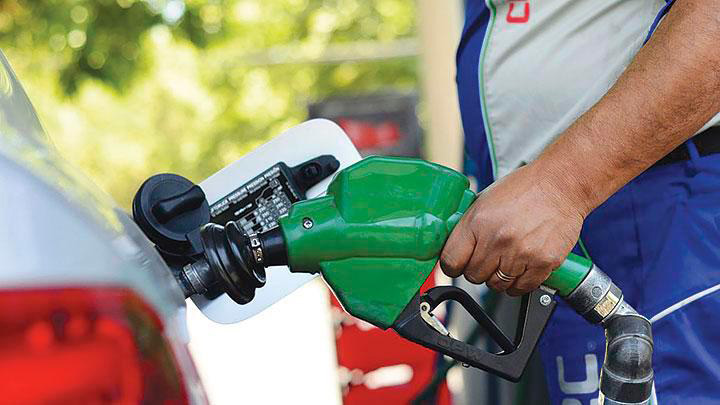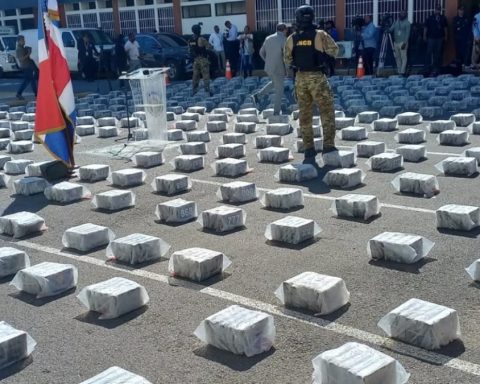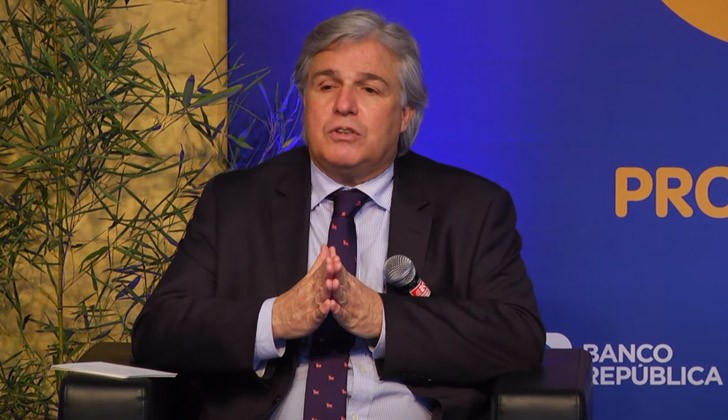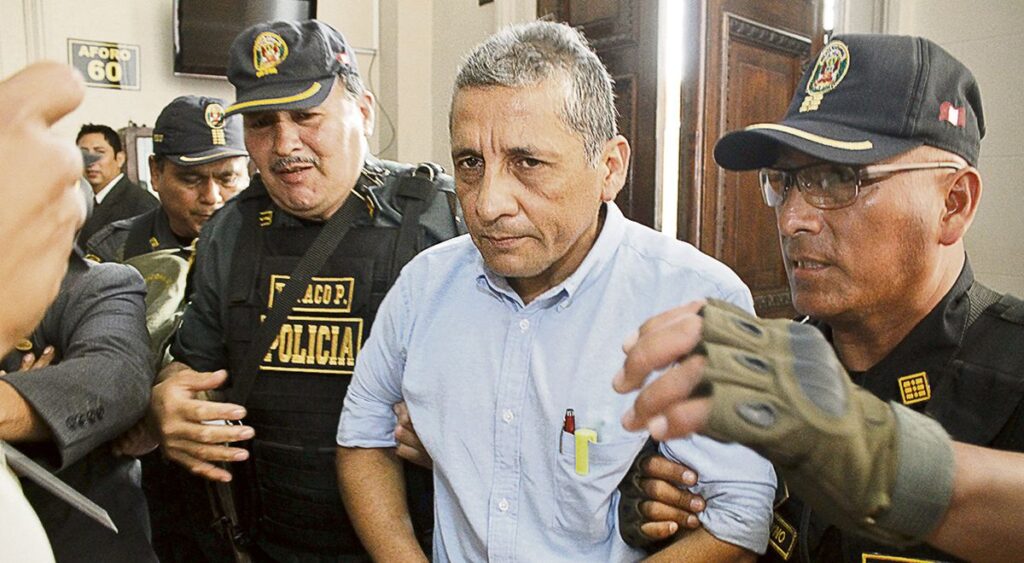Will the Government keep fuel prices invariable for the fifth week in a row when today it announces the new calculations to establish the internal price of petroleum derivatives?
The scenario of rising international oil prices, together with the Government’s subsidy policy, makes it difficult to anticipate the decision to be taken by the authorities of the Ministry of Industry, Commerce and Mipymes (MICM), which are the ones that make the prices known every Friday. which will be in force from midnight on the date until the following Friday for fuel.
The expectations for today are similar to those that prevailed at the beginning of the 2000s, when the application of Hydrocarbons Law Number 112-00 began, which established the setting of weekly fuel prices. By then people were calling the newspaper offices to find out the new prices. If an increase was announced, many people made purchases in advance, filling the tanks of the vehicles from Friday.
Historically, the MICM has taken as a reference the behavior of the international prices of crude oil and refined products, from the first three days of the week, that is, from Monday to Wednesday, and calculates an average. Last Wednesday, Texas crude, which is the benchmark for the domestic market, closed at US$110.60, the highest price of oil since May 2011.
Since Thursday of last week, when the war between Russia and Ukraine began, the prices of the so-called “black gold” and its derivatives have been rising strongly and consistently, despite the measures adopted by the International Energy Agency (IEA) , which agreed last Tuesday to release 60 million barrels of its members’ strategic reserves to ensure that there are no supply problems after the war. Some analysts considered the amount released to be “a drop in the ocean”.
The new date for setting prices in the domestic fuel market comes with the peculiarity that the market is closely watched, due to the behavior of crude oil at the international level, and locally due to government decisions related to the sector. In his accountability speech last Sunday in the National Congress, President Luis Abinader announced that he would submit a project to modify the Hydrocarbons Law to the legislative chambers. And the following day, on Monday, the legal consultant of the Executive Power, Antoliano Peralta, went to the offices of the president of the Senate, Eduardo Estrella, together with the Minister of Industry, Commerce and MSMEs, Víctor Bisonó, and they handed him the project to modify Law 112-00. They also delivered two other projects.
In addition to the announcement of the project’s submission, President Abinader spoke extensively on the subject of prices and their impact on public finances and the measures that the Government is taking and will take to alleviate the situation of consumers.
prices avoided
If it had not been for the subsidies granted by the Government, currently the price of a gallon of gasoline would be around RD$300, in both varieties. Only at the current prices, set last Friday, the subsidy of RD$540 million assumed by the Government prevented a rise of RD$17.00 in the gallon of premium gasoline, which now costs RD$287.6 and would have risen to RD$304.60, according to calculations made by Vice Minister Ramón Pérez Fermín, who said that in the case of regular gasoline the increase was RD$25.00, in regular diesel oil RD$34, in the optimum type RD$22.00 and in liquefied petroleum gas RD$19.00, with which now it would cost RD$166.60 instead of the RD$147.60 at which it continues to be quoted. “In relation to oil and its derivatives, this year alone we have subsidized the sum of 2,600 million and last year 13 billion,” said the president in his speech last Sunday. He also said that “the government is making budget forecasts and spending control measures to continue subsidizing and prevent the entire increase from being reflected in fuel prices.” That precision that the Government seeks to “avoid the entire increase being reflected in the price of fuel” encourages expectations that today, due to the magnitude of the increases that the price of oil drags, the State cannot assume only the raise and transfer a part to consumers, who have gone four weeks in a row without raises.

















